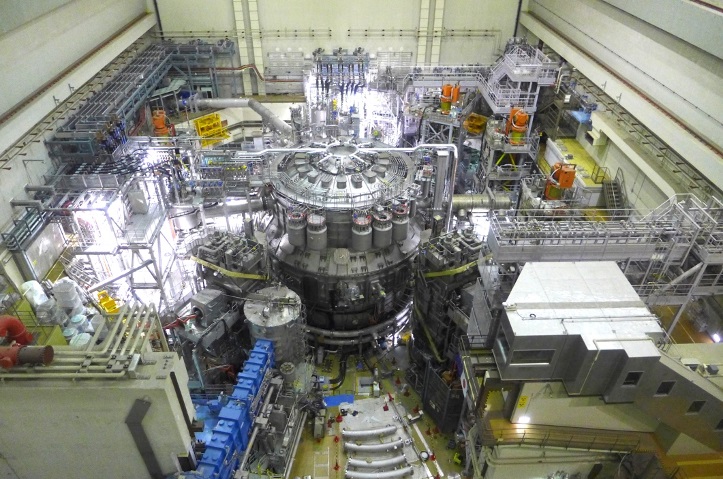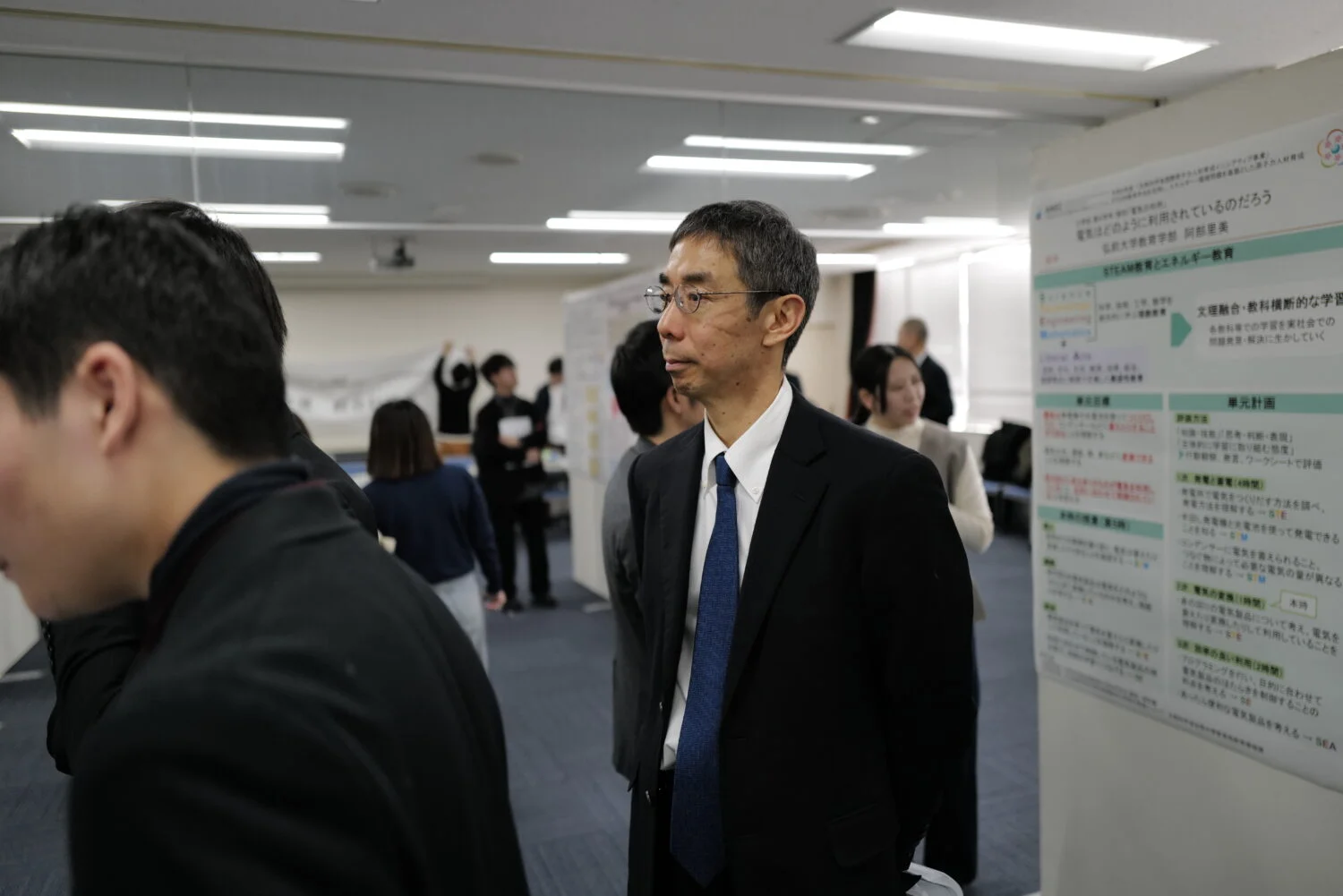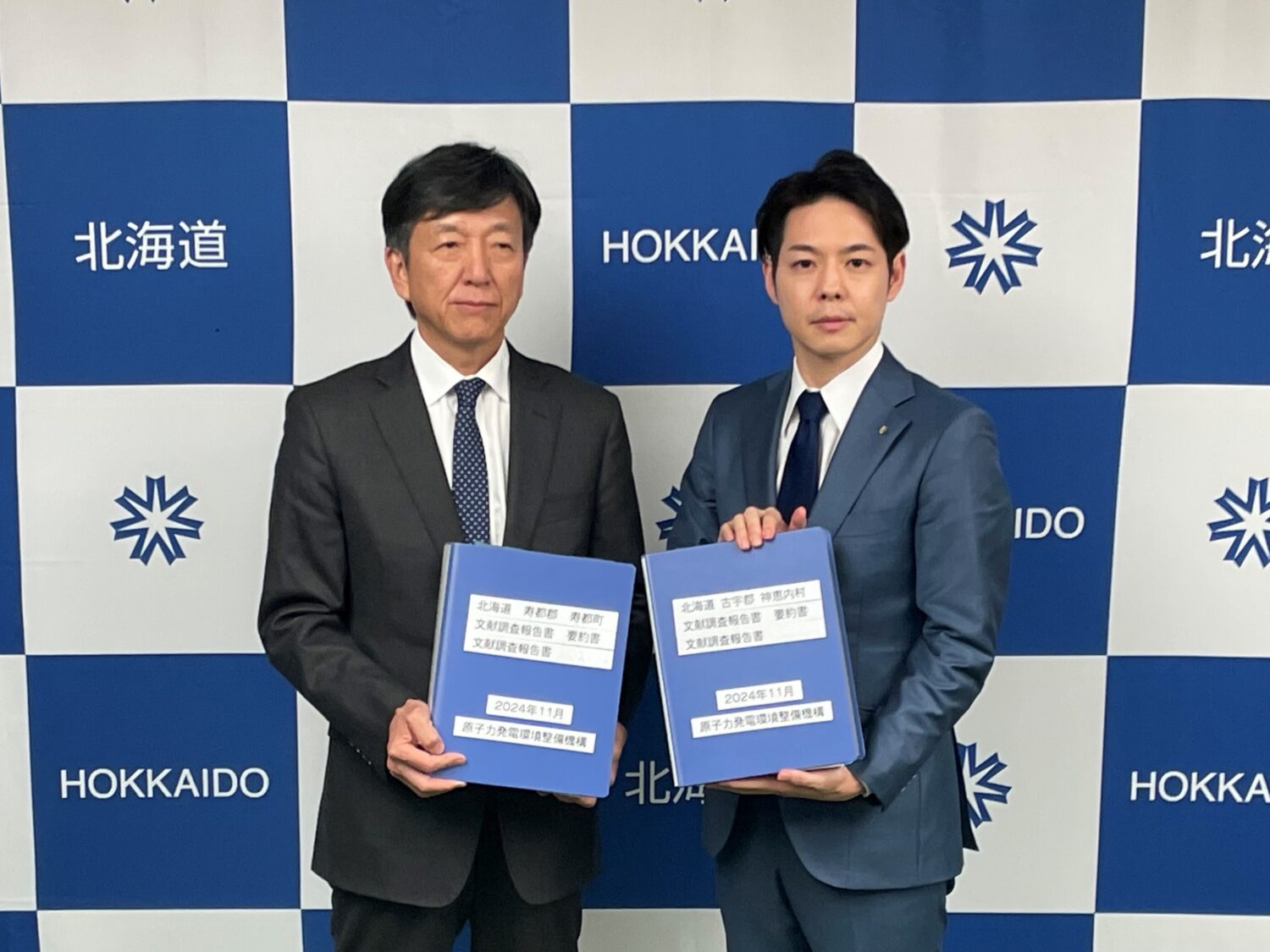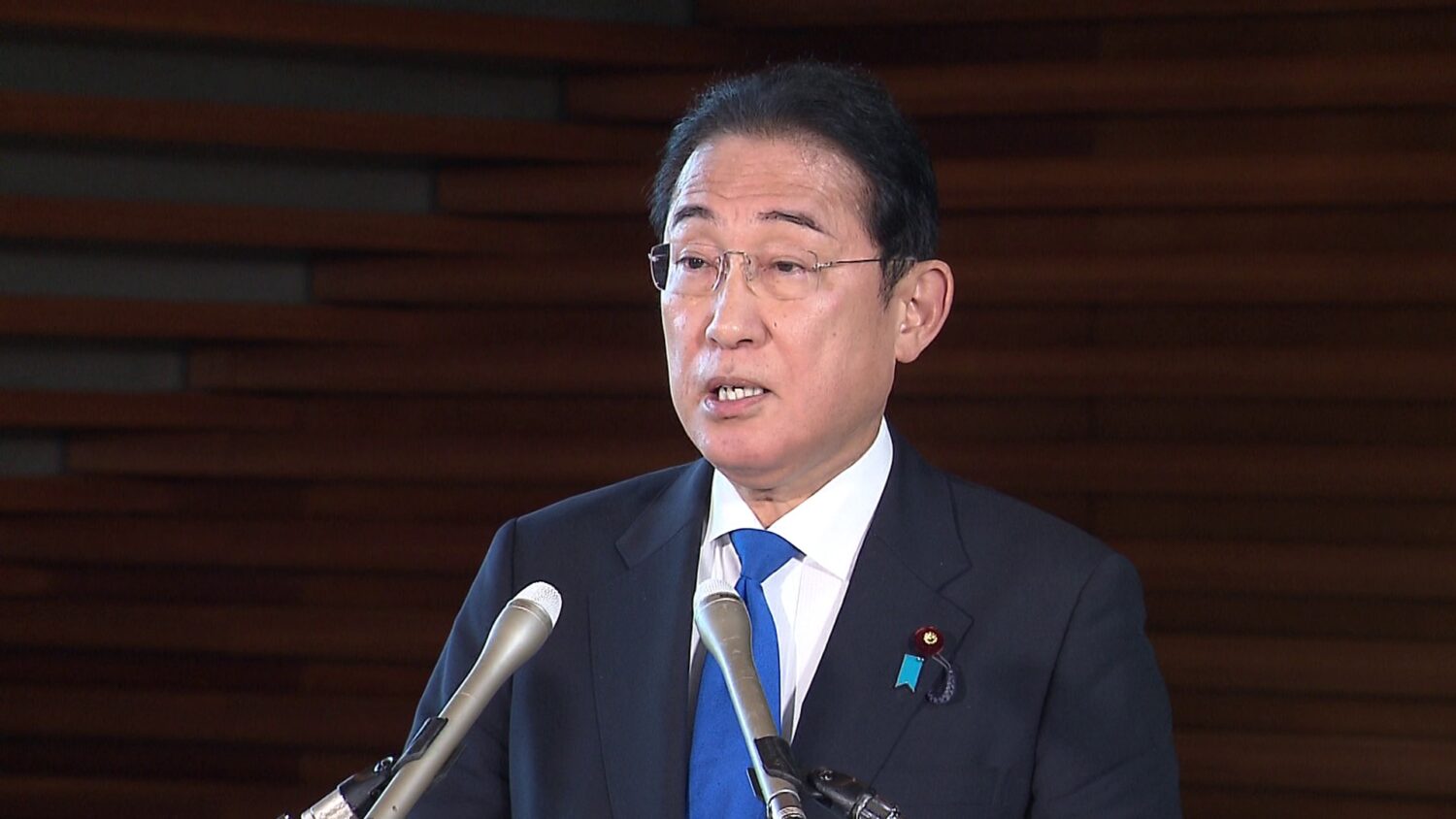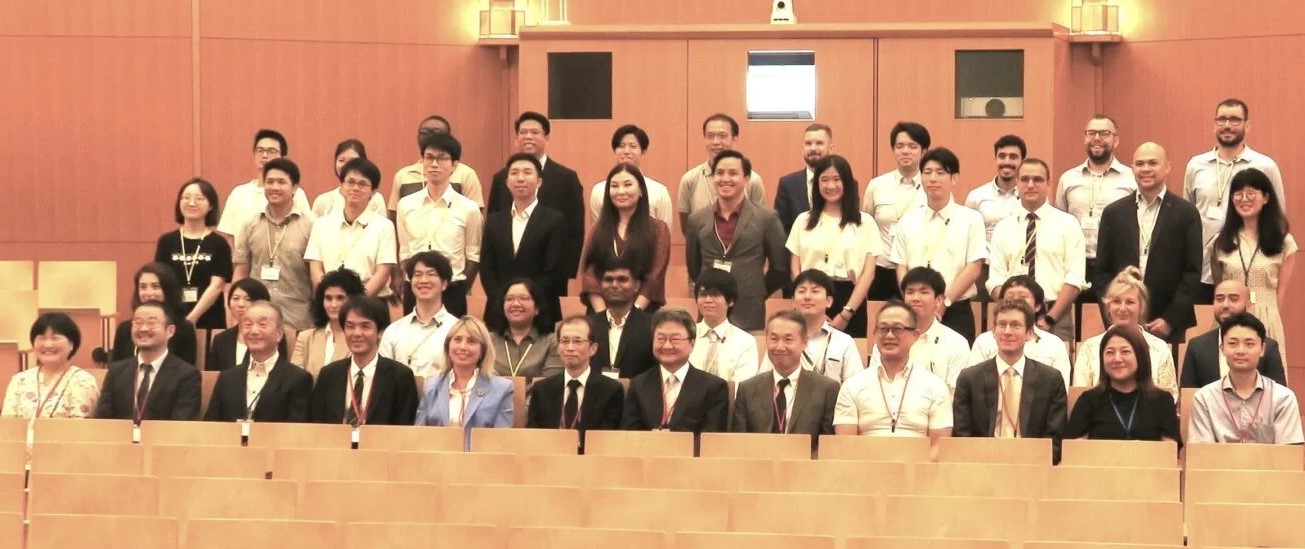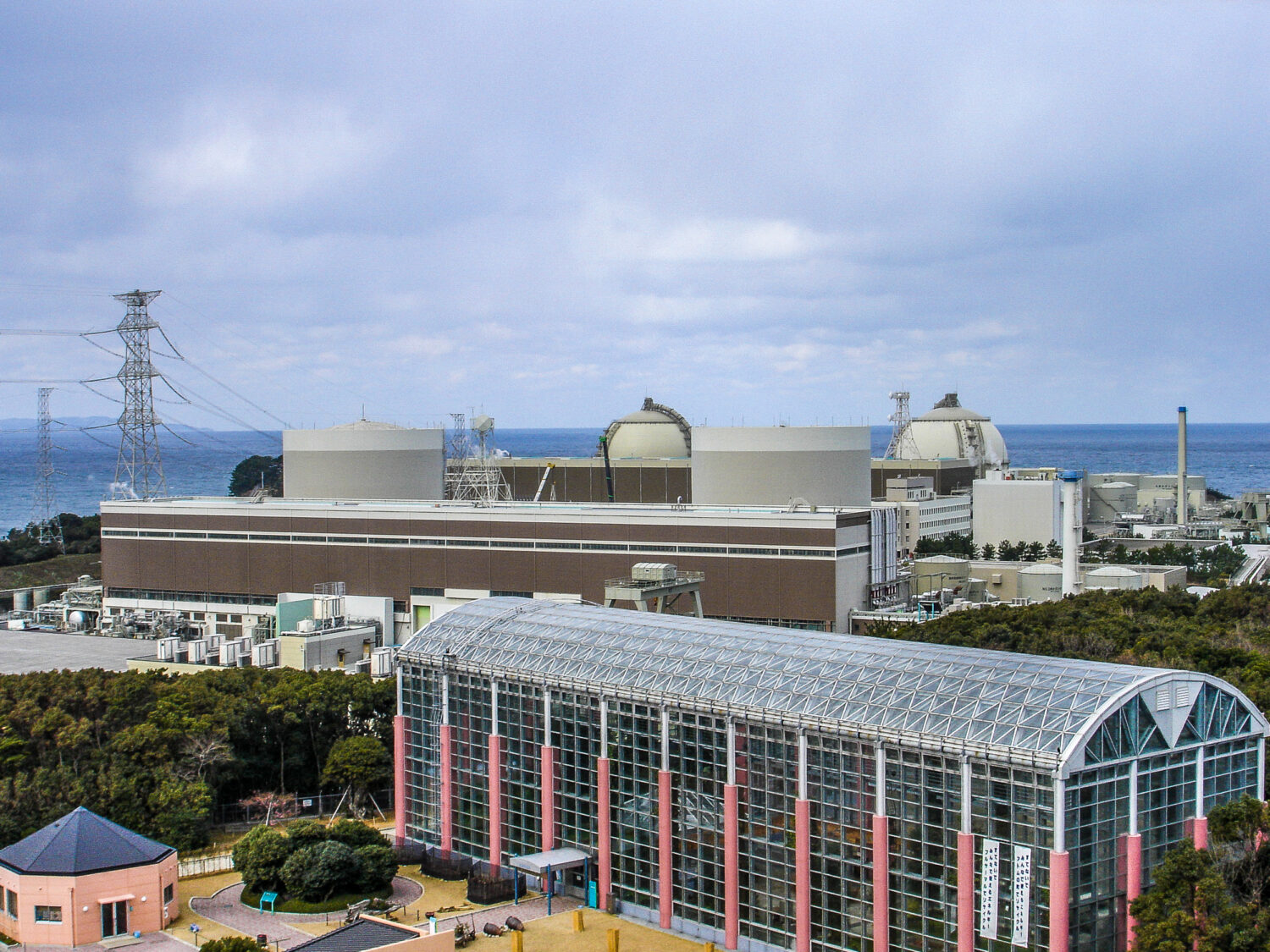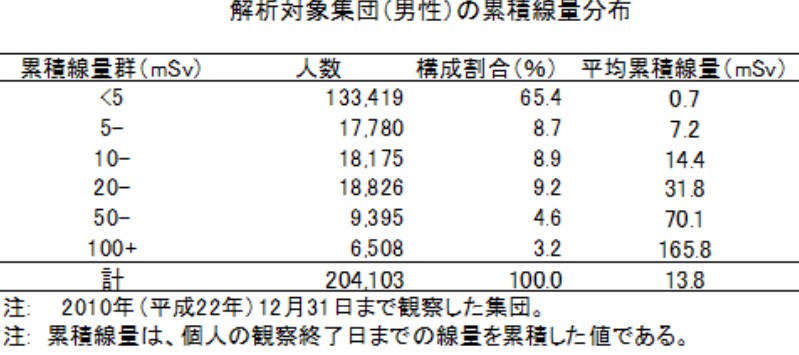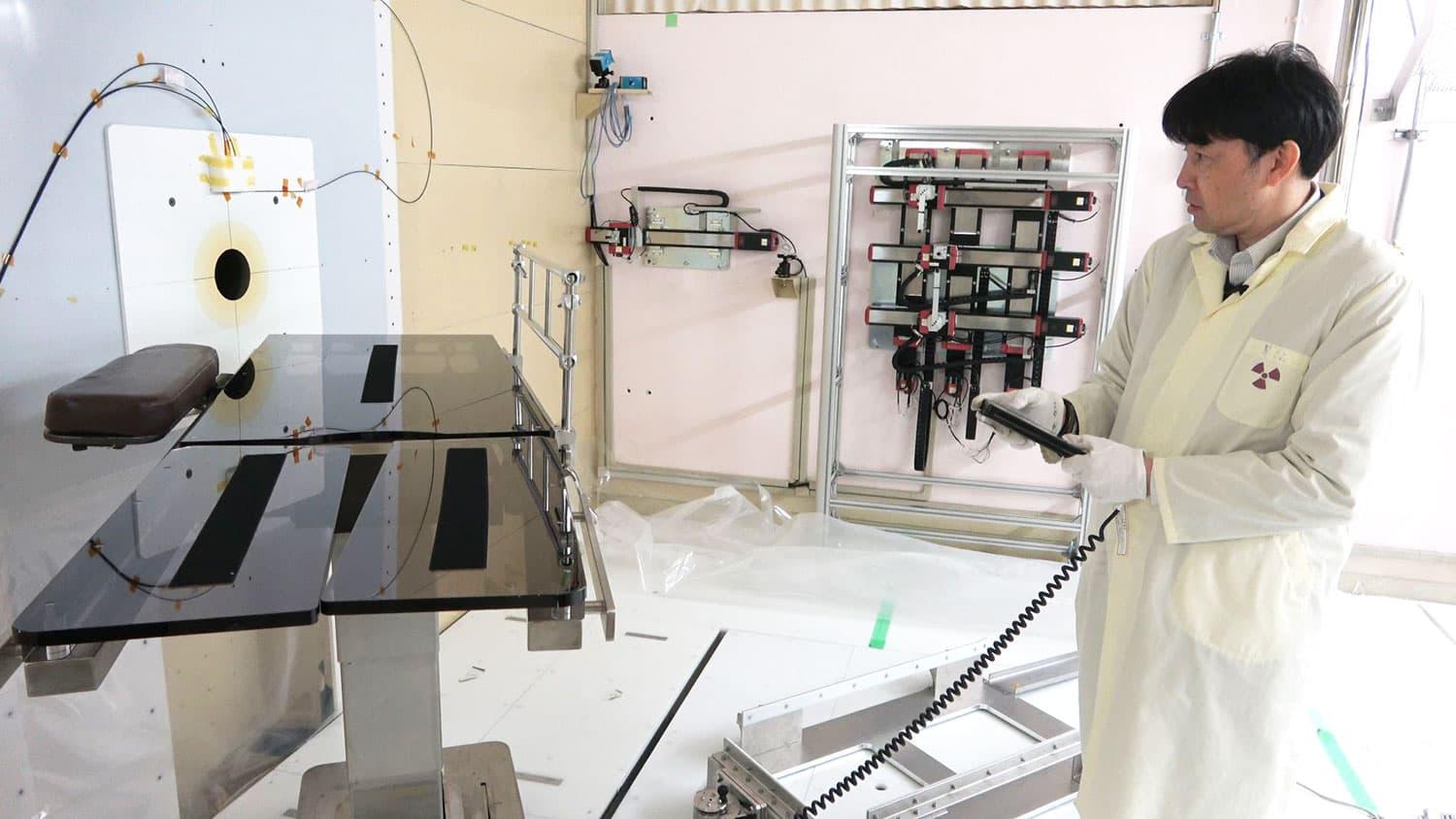The proposal states that “there is clearly a crisis in terms of stable supplies of electric power” owing primarily to rising fossil fuel prices stemming from the Russian invasion of Ukraine.
Given that situation, together with the aim of achieving carbon neutrality by 2050, the proposal calls for the following steps to be taken in order to utilize nuclear power sustainably:
- Clearly position both the maximum use of nuclear power and the new and replacement construction of advanced reactors with enhanced safety as basic policies within the nation’s overall energy policy.
- Promptly restart those existing reactors already granted permission to make changes to their reactor installations (basic design approvals), with the national government at the fore of the effort.
- Extend the operating lifetimes of existing reactors—currently set at 60 years at maximum—based on the fundamental assumption of ensured safety.
- Substantiate activities toward the realization of a comprehensive back-end policy as soon as possible, including reprocessing, decommissioning and final disposal.
- Take necessary measures in anticipation of and defense against armed attacks on nuclear power plants (NPPs).
In August, the government official in charge of GX implementation, Minister NISHIMURA Yasutoshi of the Ministry of Economy, Trade and Industry (METI), presented a plan for reestablishing Japan’s stable supply of energy. He had been instructed to do so on July 27 by Prime Minister KISHIDA Fumio at the first meeting of the government’s GX Implementation Council (chaired by the prime minister).
In his plan, the METI minister identified several items requiring political decisions on nuclear policy, including:
- Integrating the influence and capabilities of all relevant parties to facilitate NPP restarts.
- Extending operating lifetimes, based on the fundamental assumption of ensured safety.
- Using existing nuclear reactors to the maximum.
- Considering the development and construction of next-generation advanced reactors with new safety mechanisms.
The Advisory Committee for Natural Resources and Energy is addressing all those items.
The proposal was released toward the formation of a concrete plan by the end of the year. On November 24, SHIONOYA Ryu, a Lower House member and executive head of the parliamentary association, visited METI Minister Nishimura to deliver the proposal in person.


